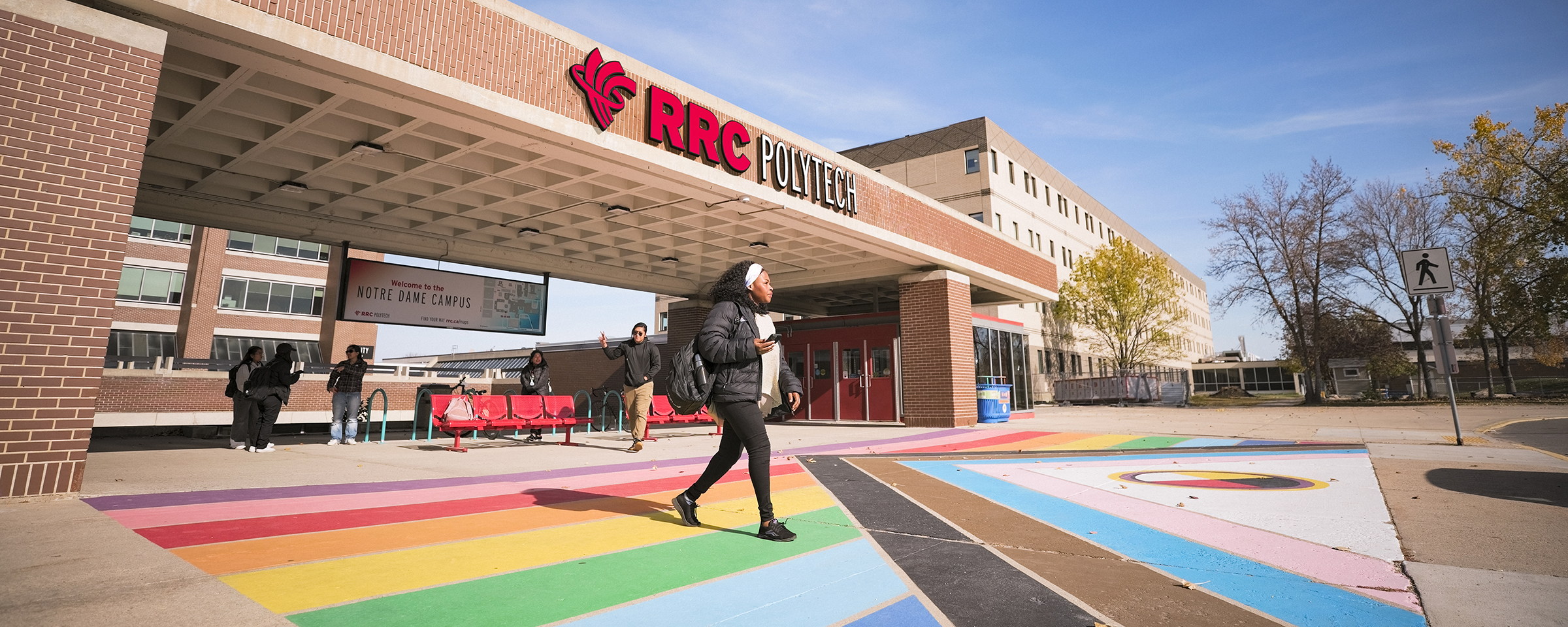Skilled trades training extended to communities in Lake Manitoba and Sagkeeng First Nations
 Red River College has launched two programs that move education outside of the traditional post-secondary setting and into remote Manitoba communities — helping Indigenous learners gain the tools they need to enter careers in carpentry, plumbing and other skilled trades.
Red River College has launched two programs that move education outside of the traditional post-secondary setting and into remote Manitoba communities — helping Indigenous learners gain the tools they need to enter careers in carpentry, plumbing and other skilled trades.
One of the programs — the first to be delivered by RRC at Lake Manitoba First Nation — has allowed 15 students to work on completing their Level One Carpentry Apprenticeship training while at the same time helping to renovate local infrastructure in their community. The other program, delivered at Sagkeeng First Nation, provided an introduction to trades and plumbing skills via RRC’s mobile training labs (MTLs).
“These community-based training programs are an important example of how the College is helping create more pathways to post-secondary education for Indigenous learners in Manitoba,” says Rebecca Chartrand, RRC’s Executive Director of Indigenous Strategy.
“Classes like the one in Lake Manitoba First Nation provide learning opportunities to students who might not be able to access education otherwise. They allow students to remain in their homes and stay connected to family and other support systems, while receiving vital training and doing hands-on work in their community and the surrounding areas.”
Delivered in partnership with Apprenticeship Manitoba, the Lake Manitoba First Nation initiative is a 12-week program that combines theory, safety training and practical learning. It’s delivered in the industrial arts and shops space at the community’s own middle school. The College provides tools and equipment, and students are taught by an RRC instructor and journeyman carpenter. Read More →





 Red River College invites all students and staff to show their support for residential school survivors by wearing orange on Friday, Sept. 30.
Red River College invites all students and staff to show their support for residential school survivors by wearing orange on Friday, Sept. 30.